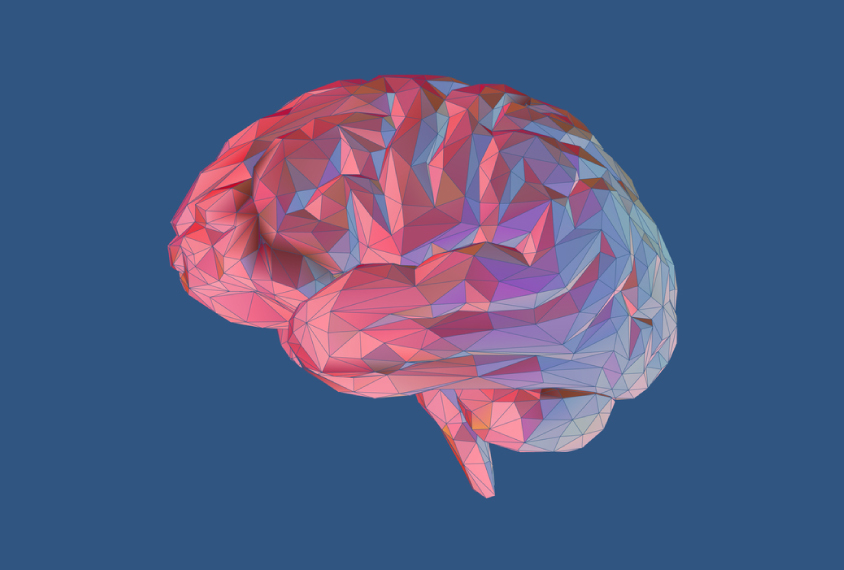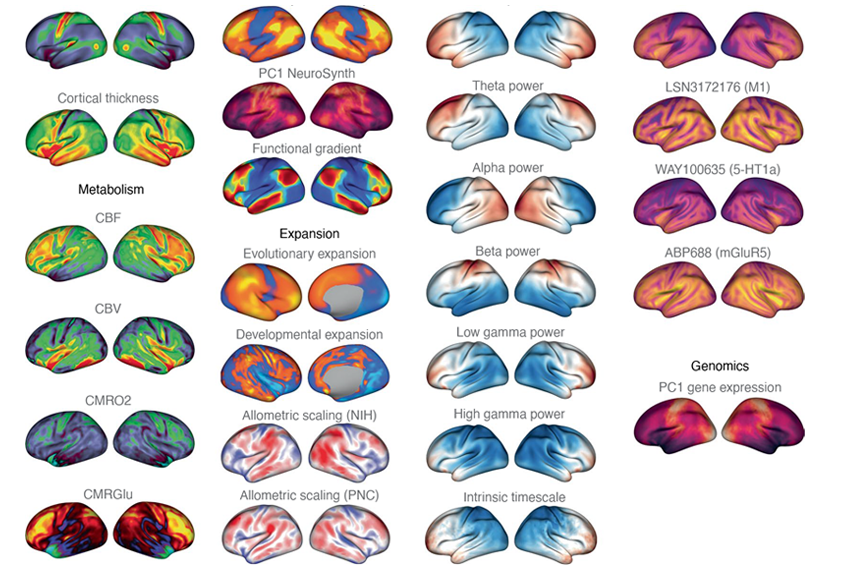Niko McCarty was Spectrum’s data reporter from 2021 to 2022. He has an M.A. from New York University’s Science, Health and Environmental Reporting Program. He also has an M.Res. in systems and synthetic biology from Imperial College London, where he was a Fulbright Scholar, and an M.Sc. in bioengineering from the California Institute of Technology. His prior research focused on engineered microbial communities and building CRISPR-Cas technologies.

Niko McCarty
Former data reporter
Spectrum
From this contributor
Neuroscience journal retracts 13 papers at once
The papers were flagged by a method that has now been called into question.

Neuroscience journal retracts 13 papers at once
DNA unwinder tied to social behaviors in mice, zebrafish
Blocking the enzyme, called TOP2A, in embryos makes the animals less inclined to seek companionship later in life.
DNA unwinder tied to social behaviors in mice, zebrafish
Microscopy mash-up quantifies, maps neural circuits
A new method that merges tissue expansion, light-sheet microscopy and automated image segmentation can reconstruct neural circuits in about a week.
Microscopy mash-up quantifies, maps neural circuits
Autism brain signature most pronounced in sensory areas
An analysis of 11 cortical regions shows anterior-to-posterior shifts in gene expression linked to autism.

Autism brain signature most pronounced in sensory areas
New tool transforms, compares dissimilar brain maps
The open-source software makes it possible to overlay disparate datasets and potentially accelerate hypothesis generation.

New tool transforms, compares dissimilar brain maps
Explore more from The Transmitter
New connectomes fly beyond the brain
Researchers are mapping the neurons in Drosophila’s ventral nerve cord, where the central nervous system meets the rest of the body.

New connectomes fly beyond the brain
Researchers are mapping the neurons in Drosophila’s ventral nerve cord, where the central nervous system meets the rest of the body.
Building an autism research registry: Q&A with Tony Charman
A purpose-built database of participants who have shared genomic and behavioral data could give clinical trials a boost, Charman says.

Building an autism research registry: Q&A with Tony Charman
A purpose-built database of participants who have shared genomic and behavioral data could give clinical trials a boost, Charman says.
Cerebellar circuit may convert expected pain relief into real thing
The newly identified circuit taps into the brain’s opioid system to provide a top-down form of pain relief.

Cerebellar circuit may convert expected pain relief into real thing
The newly identified circuit taps into the brain’s opioid system to provide a top-down form of pain relief.